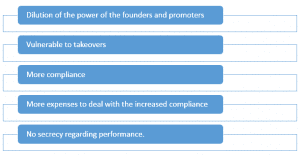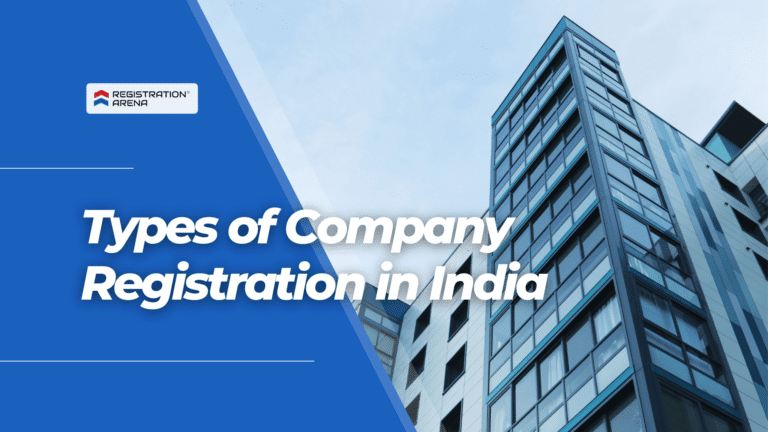A public company is one of the most common corporate structures that we come across in our daily life. They are commonly heard of since their shares are frequently exchanged and as a result they are always in the news. In a previous article we examined the differences between a private limited company and a public company. In this article we answer the question what is a public company and cover the advantages, features, disadvantages and requirements surrounding it.
Public companies have access to a lot more capital than a private company owing to the fact that they invite the public for subscription. They are in the majority of the cases Limited companies. This implies that the shareholders of the company are only liable to pay the unpaid face value of the shares that they own if any.
It is important to know that a company which is a subsidiary of another company, not being a private company, shall be deemed to be a public company for the purposes of this Act even where such subsidiary company continues to be a private company in its articles.
Features of a Public Company
- The company has a separate legal existence different from its members.
- It follows perpetual succession. It will continue forever unless dissolved.
- By following compliance it can list its shares on stock exchange.
- Shareholders can transfer their Shares with great ease.
- Limits the liabilities of its Directors.

Requirements of a Public Company
- The minimum number of members is 7.
- There is no limit to the maximum number of members.
- It must have a minimum of 3 directors. At least one of the director must be an Indian resident.
- They have to publish their financial statements annually
- Every Public company must have the word Limited (Ltd.) after its name
- There is no minimum requirement of paid up capital.

Advantages of a Public Company
- It can easily raise capital
- It can raise capital of a much higher magnitude.
- The company enjoys a good reputation in the market owing to the fact that it’s shares are traded frequently.
- The company can through the way of an IPO fund its growth and Capital Expenditure (CAPEX)
- The shares of such companies are quite liquid and can be traded without any hindrance
- It is unaffected by the retirement, death or insolvency of its members
- It features limited liability for all its members. This means that the shareholders of the company are liable to pay only the unpaid face value of the shares.

Disadvantages of Public Company
- The shareholding of the founders and promoters of the company can be diluted and they may lose control of the company as a result
- They are at a major risk of collapsing if their share value plummets drastically.
- The company has more formalities to comply with
- The company incurs more expenses since it has to avail the services of varied professionals to keep it up and running due to its public nature and diverse subscription
- The exact trade figures of the company are published publicly. This violates their secrecy.

Conclusion
Businesses are the driving forces of the economy. They come in different shapes. From One Person Companies to Public Companies, each has its own advantages and features. In this article, we defined one such corporate entity and described its benefits, requirements and features. To know more about public companies or to incorporate your own company, reach out to us. At Registration Arena, we help business evolve and grow. We help people incorporate their businesses and eliminate all hindrances pertaining to the registration.







